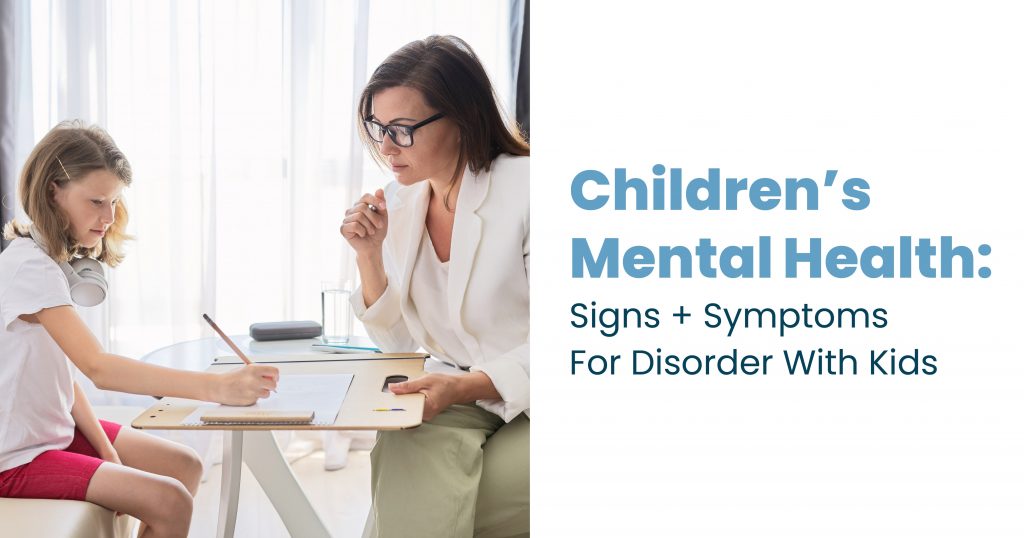As a mental health therapist, you play a vital role in supporting the mental health and well-being of children. With an increasing number of children experiencing mental health disorders, it is crucial to recognize the signs and symptoms of these disorders to provide appropriate support and interventions.
Here are some common mental health disorders that children may experience and their associated signs and symptoms:
Anxiety Disorders:
Anxiety is a normal human emotion, but when it becomes excessive and interferes with daily life, it can be considered a disorder. Some signs and symptoms of anxiety disorders in children include:
- Excessive worry or fear about everyday situations
- Refusal to attend school or engage in activities they once enjoyed
- Physical symptoms such as headaches or stomach aches
Attention-Deficit/Hyperactivity Disorder (ADHD):
ADHD is a neurodevelopmental disorder that affects children’s ability to focus and control their behavior. Some signs and symptoms of ADHD in children include:
- Difficulty paying attention or completing tasks
- Impulsiveness and acting without thinking
- Excessive activity or restlessness
Autism Spectrum Disorder (ASD):
ASD is a developmental disorder that affects a child’s ability to communicate and interact with others. Some signs and symptoms of ASD in children include:
- Difficulty with social interactions and communication
- Repetitive behaviors or routines
- Unusual sensory interests or responses
Depression:
Depression in children can manifest in different ways than in adults. Some signs and symptoms of depression in children include:
- Irritability or anger
- Changes in sleep or appetite
- Loss of interest in activities they once enjoyed
Post-Traumatic Stress Disorder (PTSD):
PTSD is a disorder that can occur after experiencing or witnessing a traumatic event. Some signs and symptoms of PTSD in children include:
- Re-experiencing the traumatic event through nightmares or flashbacks
- Avoidance of reminders of the traumatic event
- Hypervigilance or being easily startled
Recognizing these signs and symptoms is the first step in identifying and addressing mental health disorders in children. As a therapist, it is important to have an understanding of these disorders and to work collaboratively with families and other professionals to provide appropriate interventions and support.
If you are a mental health therapist working with children, it is important to keep up-to-date with current research and resources related to children’s mental health. By doing so, you can provide the best possible care and support for the children and families you work with.
Remember, mental health disorders are treatable, and early intervention can make a significant difference in a child’s life. Don’t hesitate to reach out for support and guidance if you need it. Together, we can create a world where children can thrive mentally and emotionally.
